STEAMTeach: STEAM Education for Teaching Professionalism

STEAMTeach (STEAM Education for Teaching Professionalism, 2020-1-ES01-KA201-082102) is a project funded with the support from the European Commission Erasmus+ Programme under the key action "Cooperation for innovation and the exchange of good practices." The project started in October 2020 and runs for 33 months.
It brings together an international team from Spain, Hungary, Austria, Finland and Greece:
- Universidad de Cantabria (University of Cantabria)(Coordinator)
- Budapesti Metropolitan Egyetem (Budapest Metropolitan University)
- Johannes Kepler Universität Linz (Johannes Kepler University Linz)
- Jyvaskylan Yliopisto (University of Jyväskylä)
- Ethniko Kai Kapodistriako Panepistimio Athinon ( National and Kapodistrian University of Athens)
Background and Objectives
As a result of our previous Erasmus+ project— Kids Inspire Kids for STEAM, we found teachers encounter a lot of difficulties implementing STEAM activities in their classrooms. Teachers are normally subject-specific and usually have never been trained on interdisciplinary approaches such as STEAM. They thus feel unconfident when applying this teaching approach in their classrooms. As suggested by the European Union and recent research, our educational systems require a STEAM Teaching Approach helping students to become well-prepared for the necessities of the current society. We live in a society led by technology that requires interpreting and analysing huge amounts of information from different disciplines. Nowadays, learning is not just about acquiring knowledge but also about developing skills to be able to integrate concepts and ideas from different fields and to apply these skills in a variety of contexts. There is thus a priority for Promoting Innovative and Cross-Disciplinary approaches to Teaching and Education.
Our objectives for the project are to:
- Design a Transcultural Professional Development Framework
- Use the framework for developing and implementing Teachers’ STEAM Training Course Programmes
- Test the local and trans-cultural effectiveness of these STEAM programmes by assessing the instruction of our trained teachers in their classrooms with students
Partners
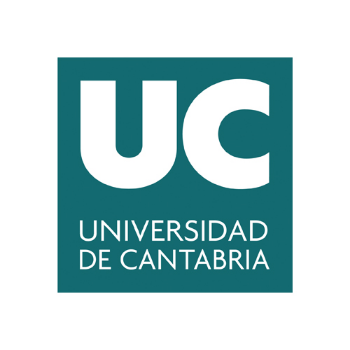
| 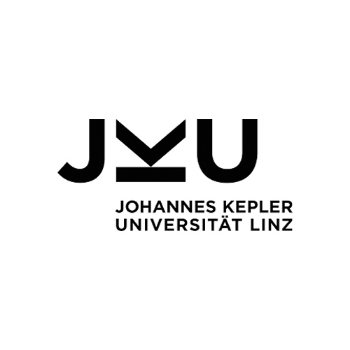 | 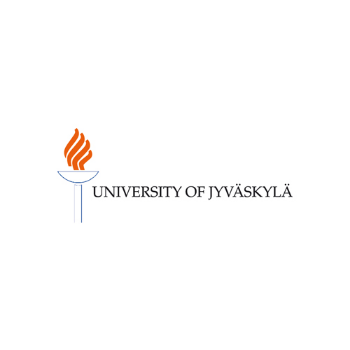 |
| The University of Cantabria (UC) is located in Cantabria, Spain. It is a modern public institution whose main purpose is to contribute to social progress through a firm commitment to teaching and scientific excellence. Although the UC is the 44th in terms of size within the Spanish University System, it is positioned the second Spanish university in terms of research (CYD Ranking 2019), and it is the 4th most productive Spanish university in teaching, research and knowledge transfer (U-Ranking 2019). In addition, the UC led the last six rankings of the Compromiso y Transparencia Foundation, assessing the openness of institutions. The UC role in the STEAMTeach project is to coordinate the cosortium with a high involvement in all intellectual outputs. The UC team is conformed by members of the Open STEAM Group. It is a multidisciplinary team including researchers from the Departments of ‘Mathematics, Statistics and Computer Science’ (MATESCO), ‘Earth Sciences and Condensed Matter Physics’ (CITIMAC), and ‘Education’. Its research activity is focused on the teaching and learning of mathematics through a STEAM-based approach. The Open STEAM group has an extensive experience in projects aimed at promoting STE(A)M education, being part of European projects such as, KIKS (Erasmus+) and STEMforYouth (Horizon2020), and Spanish national projects including EAMARE-STEAM (in progress). Currently, the group is also collaborating in the Mathematics EduLarp project (Erasmus+). | Located in Linz, Austria, Johannes Kepler University (JKU) is ranked among the world’s best young universities (under 50 years) and is among the best universities in Austria. Since its inception in 1966, JKU has become a successful and innovative centre for science, academics and society. The university offers interdisciplinary and hands-on educational programs designed to meet today’s business and societal needs and our cooperation agreements with over 300 partner universities in over 50 countries. The JKU team will be mainly responsible for new technologies in education, student-led education and STEAM approaches. The Linz School of Education at JKU has rich expertise in developing STEAM activities, especially the professional development of teachers with digital technologies. It is closely connected with the GeoGebra Development Centre, which develops the maths GeoGebra software. The STEM Education Research Group at JKU works with more than 160 international GeoGebra Institutes, a network of teacher education and research groups at universities in 75 countries. JKU organises two STEAM conferences a year, hosting also the Bridges-Maths and Arts conference in 2019 and the Maths Education in the Digital Age (MEDA) conference in 2020. | The University of Jyväskylä JYU is an internationally renowned research university and an expert in education that focuses on human and natural sciences. The University is strongly linked to top national and international research, business and innovation communities. JYU has 15000 degree students. Including adult education, the total number is 40000 students. The number of personnel is 2500. JYU has received HR Excellence in Research award. The recognition signals that the HR policy at the JYU can guarantee that the status of researchers at the University meets the EU targets. In Finland JYU has been a forerunner in Open Access publishing and free access to scholarly information has been one of the university’s strategic goals ever since 2010. In Horizon 2020 JYU already has 52 projects including 12 ERC grants, 6 ITN projects, 5 MSCA IF projects and 3 FET Open projects. JYU is the coordinator of 5 consortium projects. The Finnish Institute for Educational Research (FIER) conducts internationally esteemed multidisciplinary research on education. The research ranges from primary education to university education as well as adult learning to the relationships between education and working life. The aim is to support teachers, educational establishments and decision-makers in the promotion of learning and development of education. The research and development activities open different views to educational phenomena and produce reliable information in order to support both national level and educational establishment policies. |
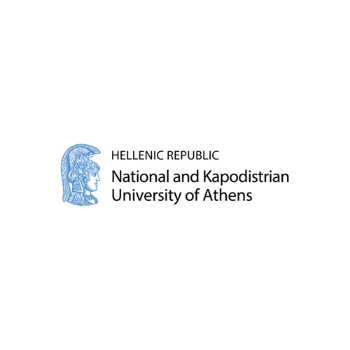 | 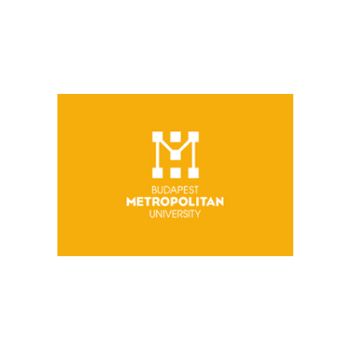 |  |
| This University is the most Historical in the country, ranks 26th in Webometrics – Google Scholar Citations list worldwide. It comprises of 8 Schools, 33 Faculties, 183 Masters’ programs and maintains 224 Research Labs. It employs 1605 Academic members of Staff, serves over 40000 undergraduate students, over 14000 Masters’ students and close to 9000 PhD students. It will take part in the project through the Educational Technology Lab situated in the School of Philosophy, Department of Secondary Education. | Budapest Metropolitan University (METU) is Hungary’s largest private university offering transformational education to a broad student base. The total student population has grown to nearly 7500 students. Existing core program areas are Business, Communication, Tourism and Art. The university has been growing its international enrolment very rapidly and has around 900 international students from more than 90 countries in 2018. The strong focus on student outcomes manifests itself in employability rates of close to 90% supported by active cooperation with more than 1200 industry partners. In addition to the traditional Bachelor and Master programs, METU offers alumni and other learners life long learning through postgraduate programmes and adult education. | |
Funding
 More information about this project is available on the main website: www.steamteach.unican.es
More information about this project is available on the main website: www.steamteach.unican.es
 More information about this project is available on the main website: www.steamteach.unican.es
More information about this project is available on the main website: www.steamteach.unican.es